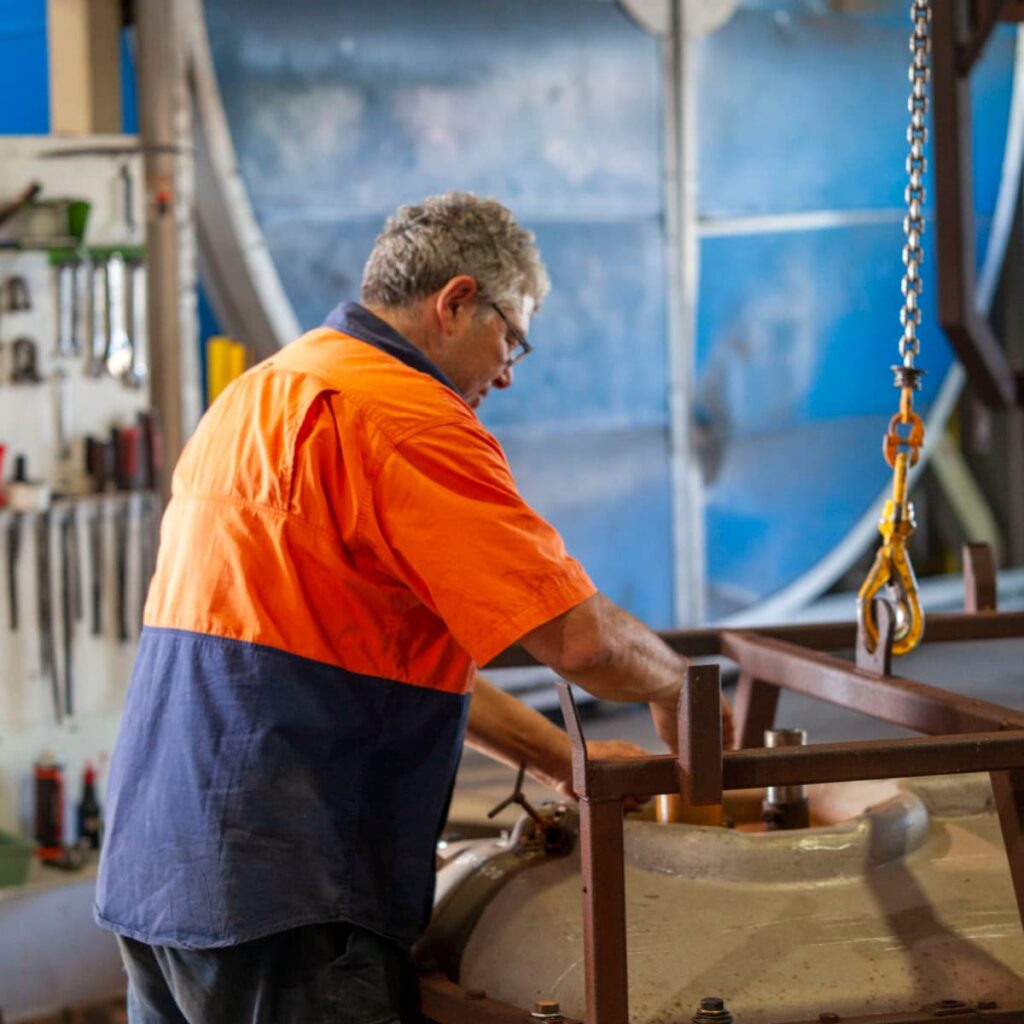How do you Manage Water During Australian Cyclones?
Home / How do you Manage Water During Australian Cyclones?
- globaltanks
- October 14, 2020
- 4 minutes
Many parts of Australia are impacted by a harsh cyclone season from November to April every year. Failure to prepare before a cyclone has caused injury and even cost people their lives, so it’s crucial that, if you live in an area that’s prone to cyclones, you know which safety measures you should be putting in place. When it comes to water management during cyclone season, there’s a lot to consider. Read our cyclone water management guide below:
Before a Cyclone
There are many cyclone water management measures and other safety systems you can take in the lead up to Australian storm season and in the minutes and hours before a cyclone hits to ensure that you, your family, your home and your pets are protected and have access to water. Read about some of the most important ones below:
Have a Water Storage Tank
Suppose you live in an area of Australia that is susceptible to cyclones. In that case, it’s a good idea to have a water storage tank on your property in case your water supply is cut off or damaged for an extended period. A water storage tank is often the best backup you can have during emergencies. If you’re getting ready for cyclone season and don’t have a water tank on your property, head to our website and have a look at our huge range of poly tanks.
Get your Tank Prepped
If your water tank is above ground, make sure it’s properly secured to prevent it from either being damaged or causing damage during a cyclone. It’s also crucial that you have a mosquito net installed over or around your water tank. Make sure these screens don’t have any holes and that your flap valves are in place to prevent mosquitoes and other pests from getting into your water tank.
Have Emergency Water at the Ready
You should always keep ample bottled water in your home during cyclone season since you might not have time to get to the shop and buy some. Besides that, when an official cyclone warning has been announced, it’s crucial that you start preparing a temporary water supply by filling up clean buckets, emergency containers and your bathtub if you have one. You should have enough water for up to 3 days of drinking, cooking and washing. It’s estimated that, on average, each person requires 20 litres per day. Also if you have pets or animals, don’t forget to take their water consumption into account. You may also want to freeze water for an alternative form of refrigeration in the case of a power cut.
Switch off your Home
After a warning has been given and before the cyclone arrives, you’ll need to turn electricity, gas, water and unplug all of your electrical appliances. Cyclones often cause power surges and pipes to burst or leak, so taking these precautions will help to ensure that your home isn’t damaged by flooding or fire.
After a Cyclone
After a cyclone has passed, it’s vital that you still take precautions and don’t venture out to inspect your tank or property before it’s 100% safe. Research has shown that the aftermath of a cyclone is just as deadly and dangerous as the storm itself. Read below about how you can manage your water supply after a cyclone has passed:
Check Your Tank
When the cyclone has passed, you’ll need to check your water storage tank and make sure that it hasn’t been flooded or damaged since this can cause contamination. If the water has been mildly contaminated, you can disinfect it and continue to use the water as usual. If your tank water has been severely contaminated during the cyclone, then you’ll need to drain the water and clean the tank.
Check for Mosquitoes
Increased rainfall and flooding can create the perfect conditions for mosquito breeding, so mosquito numbers usually spike during a cyclone. This breeding can take place in your water storage tank so, as soon as it’s safe to do so, check your mosquito screens and flap valves. If you find that any damage has been done to your screens or valves, make the necessary repairs as soon as possible to prevent your water tank from becoming contaminated.
Boil your Tap Water
When the cyclone has passed, and you want to begin using your main water supply again for drinking, washing and cooking, you’ll have to boil or purify the water until informed by the authorities that the water has been declared as safe. Often mains water and water treatment plants are impacted or shut down by cyclones.
At Global Tanks, we have over 30 years of experience in providing our customers with water management solutions. If you have any questions about our range of tanks, our custom rotomoulding services or just need some advice, get in touch with one of our expert team members today!

